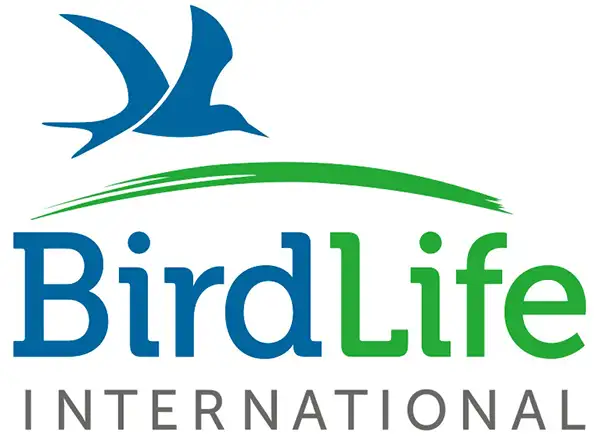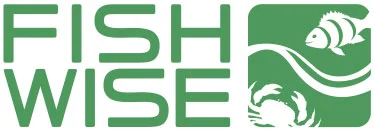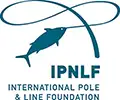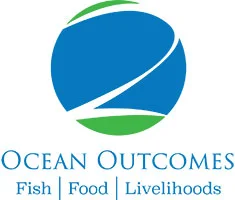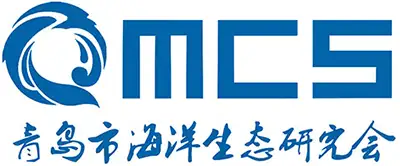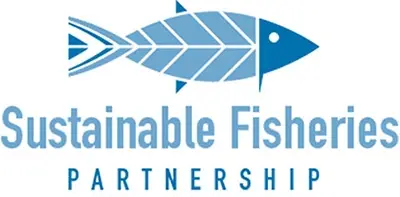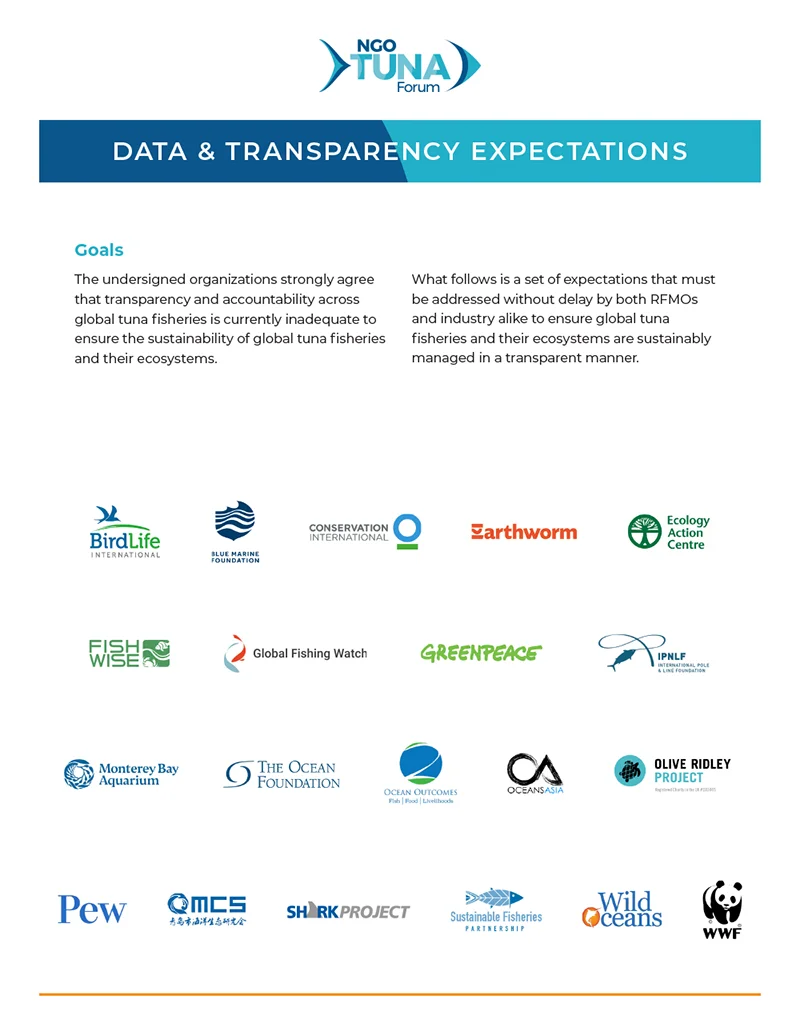Data & Transparency
Goals
The undersigned organizations strongly agree that transparency and accountability across global tuna fisheries is currently inadequate to ensure the sustainability of global tuna fisheries and their ecosystems.
What follows is a set of expectations that must be addressed without delay by both RFMOs and industry alike to ensure global tuna fisheries and their ecosystems are sustainably managed in a transparent manner.
RFMO Expectations
Empty
Adequate Monitoring of All Tuna Vessels
Improved Data Collection, Reporting and Sharing for Purposes of Management, Science, Compliance and Accountability
Public Access to Information, with Limited Restrictions Only When Necessary
Implementation of Policies and Systems that Facilitate Compliance and Accountability
Market and Supply Chain Partner Expectations
Empty
Adequate Monitoring of All Tuna Vessels
Improved Data Collection, Reporting and Sharing for Purposes of Management, Science, Compliance and Accountability
Public Access to Information, with Limited Restrictions Only When Necessary
Implementation of Policies and Systems that Facilitate Compliance and Accountability
RFMO/Market Integrated Expectations
Test
Adequate Monitoring of All Tuna Vessels
Improved Data Collection, Reporting and Sharing for Purposes of Management, Science, Compliance and Accountability
Public Access to Information, with Limited Restrictions Only When Necessary
Implementation of Policies and Systems that Facilitate Compliance and Accountability
